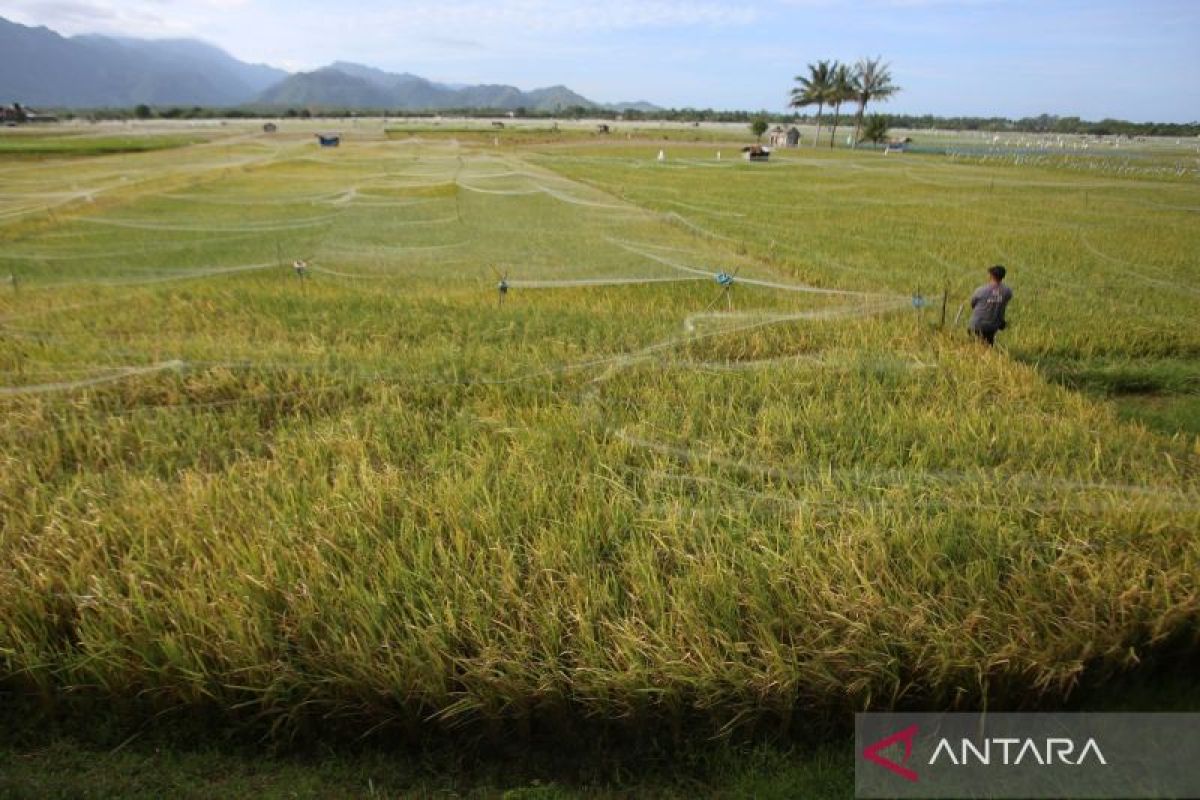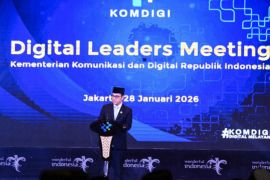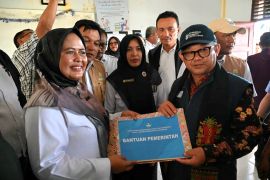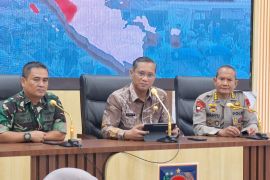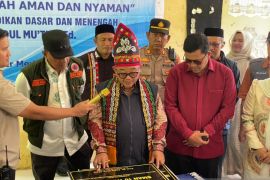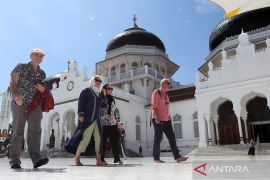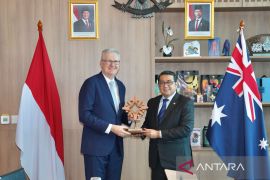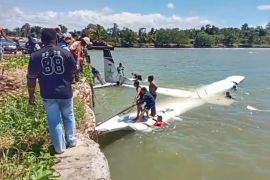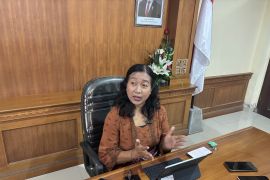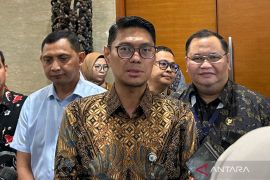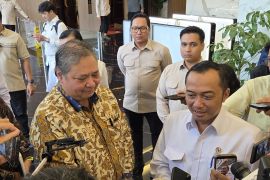Minister of Agriculture Amran Sulaiman has loudly voiced his optimism that within the next three months, Indonesia will once again become a nation capable of achieving rice self-sufficiency.
This optimism provides hope, but also raises big questions about whether the self-sufficiency achieved this time will be merely seasonal or whether it will be truly sustainable.
History shows that this nation has succeeded in achieving rice self-sufficiency several times, specifically in 1984 and 2022.
International recognition from world food institutions, such as the Food and Agriculture Organization (FAO) and the International Rice Research Institute (IRRI), is clear evidence that the success of rice self-sufficiency is recognized worldwide.
However, this achievement of rice self-sufficiency is not permanent because every time a weather anomaly, a prolonged dry season, or even El Nino occurs, self-sufficiency suddenly becomes vulnerable and importing rice in sizeable quantities is unavoidable.
This is what is called seasonal rice self-sufficiency, a condition where domestic production is sufficient for one season, but it is not sufficient throughout the year.
Seasonal rice self-sufficiency has its benefits. During certain periods, domestic rice availability increases, and dependence on imports can be reduced.
However, on the downside, seasonal rice self-sufficiency can lead to vulnerability in price and supply stability in other seasons.
Dependence on climate and harvest patterns makes rice self-sufficiency unstable. Yet, the public needs a guaranteed rice supply at all times, not just during peak harvest times.
The issue of seasonal rice self-sufficiency and sustainable rice self-sufficiency has become increasingly relevant since President Prabowo declared his commitment to achieving food self-sufficiency within a maximum of four years.
He even said that food self-sufficiency could be achieved in just two years.
The president made the statement at the inauguration of the Jatigede Dam in Sumedang, West Java, after receiving recommendations from some ministers.
The statement raises curiosity about the possible reasons that make the President so confident in this ambitious target of rice self-sufficiency.
Food self-sufficiency: more complex
In the meantime, several experiences show that food self-sufficiency is much more complex than rice self-sufficiency.
It is important to realize that food self-sufficiency is the accumulation of self-sufficiency in various strategic commodities, starting from self-sufficiency in rice, corn, soybeans, meat, sugar, garlic, and other food ingredients.
Striving for self-sufficiency in various commodities, including rice self-sufficiency, within a two-year period is not a simple task.
Several experiences show that the ambitious target of self-sufficiency in Pajale (rice, corn, soybeans) in the first era of President Jokowi's administration with Minister of Agriculture Amran Sulaiman has not been fully achieved, especially for soybean self-sufficiency.
Especially when it comes to other self-sufficiency, such as beef or garlic, which until now has not been achieved.
Never give up
Despite all the challenges, the nation's strong determination to achieve food self-sufficiency, especially rice self-sufficiency, never fades.
The history of this nation proves that an unyielding spirit can often turn something impossible into something achievable.
It takes hard work, smart work, and innovative breakthroughs to overcome classic obstacles such as limited land, water availability, fertilizer distribution, and the challenges of climate change.
The steps that must be pursued are clear, not self-sufficiency that is on trend or only surviving when the weather is favorable, but rather sustainable rice self-sufficiency.
This means that the national food system must be designed to withstand various conditions, including long dry seasons, floods, and global market fluctuations.
Therefore, a clear grand design and roadmap are crucial strategies. Without concrete policy direction, optimism will remain merely rhetoric.
The pressing questions that need to be asked are: is a planning design for achieving sustainable food self-sufficiency in place? What is the roadmap? And can it be realized within the next two years?
The public certainly has a right to know about such strategic documents, not just slogans or promises. This transparency is crucial so the public can participate in monitoring and provide input.
President's optimism
President Prabowo's optimism in targeting food self-sufficiency within two years is indeed worthy of appreciation.
On the one hand, this target can motivate all stakeholders to act more quickly. However, on the other hand, without a strong action strategy, this target has the potential to become a burdensome expectation.
Therefore, what is now needed is a more detailed explanation of the basis for this optimism. What policies will be implemented? What programs will be prioritized? And what support is needed from stakeholders at the central and regional levels?
A valuable lesson from the past achievement of rice self-sufficiency is that false success cannot be used as a basis.
When self-sufficiency targets depend solely on the harvest season or favorable climate conditions, national food security will always be on the line.
On the contrary, with a systematic, long-term and sustainable approach, Indonesia can build true food independence.
People certainly want certainty, not just momentary pride.
Sustainable rice self-sufficiency will have a significant impact, including price stability, supply certainty, improved farmer welfare, and national independence in facing global food crises.
This should be the main direction of every national food policy.
The public's hope is simple: rice and food self-sufficiency should not become just a seasonal celebration.
Temporary achievements will not lead this nation to true independence. What is needed is permanent rice self-sufficiency, capable of surviving seasonal changes, climate crises, and global market fluctuations.
Through strong enthusiasm, sound policies, and strong commitment, sustainable rice self-sufficiency is not just a dream but an aspiration that can be realized for the future of this nation.
*) Entang Sastraatmadja is the Chairman of the Expert Council of the West Java Regional Leadership Council of the Indonesian Farmers' Association.
Related news: Indonesia's DPD launches program to pursue food self-sufficiency
Related news: Indonesia eyes rice self-sufficiency this year
Copyright © ANTARA 2025
